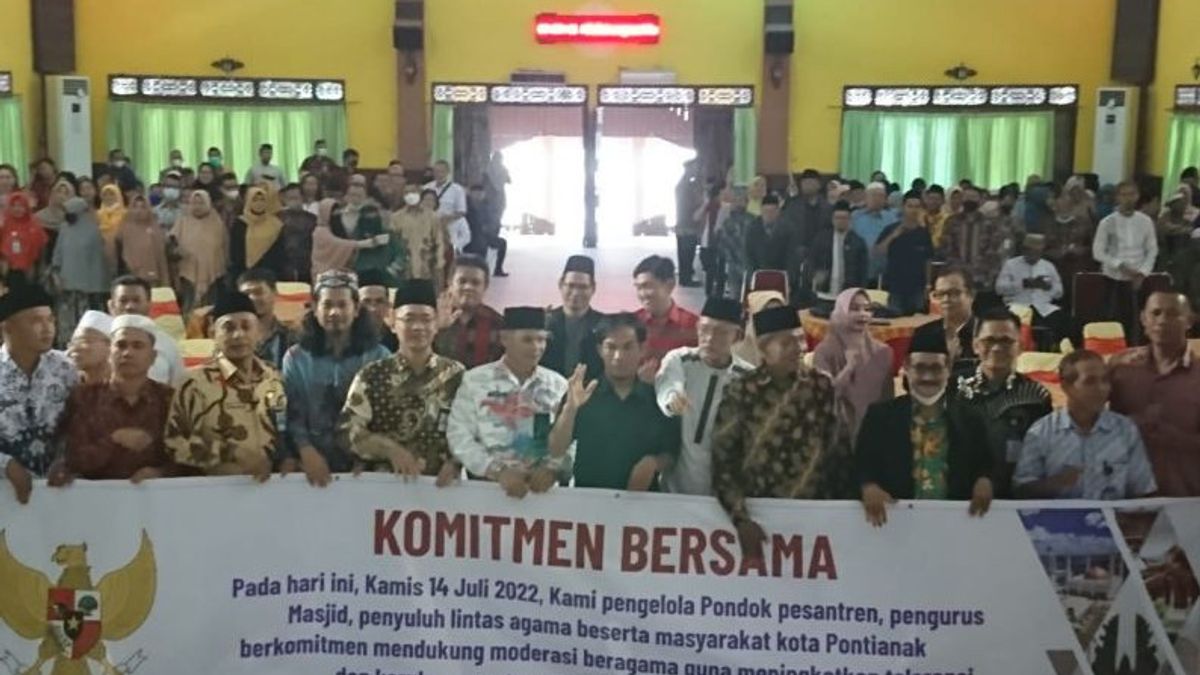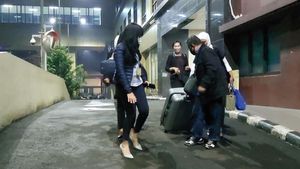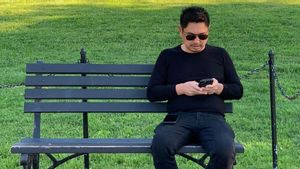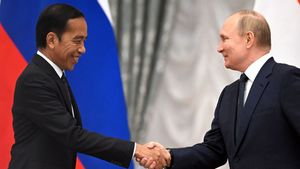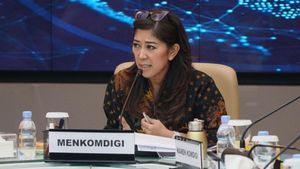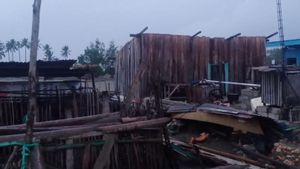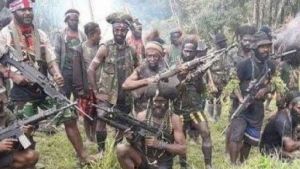PONTIANAK - The Pontianak Office of the Ministry of Religion, West Kalimantan, presented former terrorists as speakers in a themed group discussion (FGD) with the theme of religious moderation, at Rumah Ada Melayu.
They are Ken Setiawan, former commander of NII Region 9 and founder of the NII Crisis Center (Center for the Rehabilitation of NII Victims and Radicalism). There is also Rosnazizi, a former terrorist convict from Singkawang who was exposed to radicalism.
Setiawan stated that radicalism is actually a virus that can happen to anyone, so he needs a good understanding of Pancasila and the right practice so that he is not exposed like he was before, and he can be exposed to the radical virus because he considers Pancasila as an idol.
Even though the concept of Pancasila has been completed as a whole as the philosophy of the Indonesian state.
“I used to study with the wrong teacher, so I understood the interpretations in the wrong way. I also consider Pancasila to be an idol. In fact, there is no contradiction in Pancasila regarding religious teachings", he said as quoted by ANTARA, Thursday, July 14.
According to him, the wrong assumption about Pancasila makes it easier for someone to change direction from the true religious values. In addition, the problem of the emergence of intolerant attitudes in society has triggered this radical understanding to grow. Some groups claim to be Pancasila but do not understand the true meaning of Pancasila itself and feel that their group is right, while other groups are wrong.
To avoid this radical virus, people need to understand and practice Pancasila sequentially, not jumping. Beginning with practicing the first precept, Belief in the One Supreme will create a peaceful person.
On the one hand, there are indeed various religions in Indonesia, but the point is that God is still one, and only the names for God are different.
When you have absorbed and applied the first precepts well, the second precepts will be easily implemented through the principle of humanizing humans (second precepts) even though they are of different religions and ethnicities.
"After we are civilized, then we unite (third principle), then deliberation to reach consensus, God willing, then social justice (fifth principle). This is what we must build, may be different but don't blame so that we can all make peace between religious communities", he said.
He hoped that religious communities should meet frequently in positive activities to foster unity and minimize the entry of radicalism. He also believes that the frequent activities of this association will create a beautiful religious moderation. Because so far he has seen that this interfaith association is still lacking, so it needs to be improved.
Meanwhile, a former terrorist convict, Rosnazizi, told stories and shared his experiences so that he could be exposed to radicalism. At that time he only studied one teacher who gave birth to misleading opinions and actions, even though to get the right knowledge many teachers had to be followed.
“We have to learn from the right sources and not just one door. I used to think that Pancasila was against the Koran and the sunnah. But today I say Pancasila is by the Koran and Sunnah", he said.
However, he still advised religious people not to easily judge negatively other religious people in terms of appearance. It is not necessarily the appearance that is characterized by radicals, in fact, it is radical, and it could be the other way around. "What must be considered is our morals in social life", he said.
VOIR éGALEMENT:
The discussion carried the theme "Religious Moderation and Pluralism: An Alternative and Solution to National Problems". There were 300 participants in the activity, consisting of managers of Islamic boarding schools, mosque administrators, interfaith counselors throughout Pontianak, and the Pontianak Red and White Association.
The Head of the Regional Office of the Ministry of Religion of West Kalimantan, Syahrul Yadi, stated that the presence of these two resource persons was expected to provide insight and understanding to the public, especially participants about radical understanding and religious moderation which are priorities for the national program.
According to him, the potential for unity and division in Indonesia, West Kalimantan in particular is very strong, so it must return to Diversity Diversity.
“Religious people are vulnerable and very easily offended when they talk about religion. Fast is not even considered from a cultural point of view, even lives are ready to be sacrificed. There are left and right forces, so we must strengthen the middle power, namely modernizing religion", he said.
The English, Chinese, Japanese, Arabic, and French versions are automatically generated by the AI. So there may still be inaccuracies in translating, please always see Indonesian as our main language. (system supported by DigitalSiber.id)
